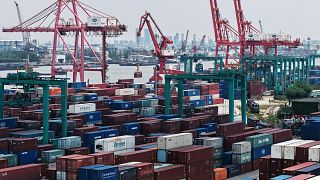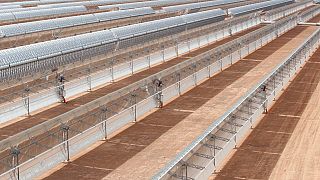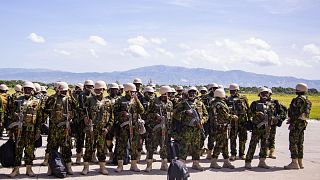Kenya
Kenya’s economic growth is expected to slip to about 5.7 percent this year from 5.9 percent in 2016.
This is according to the country’s Central Bank’s governor, Patrick Njoroge, who said on Tuesday that uncertainties related to Britain’s vote to leave the European Union, as well as questions about the direction of US policy after the election of Donald Trump added to the woes.
As the country heads for general elections in August, economic growth prospects have been further dimmed by uncertainties related to the polls.
The International Monetary Fund (IMF) and the World Bank have expressed concerns about the performance of the east African economy.
According to the World Bank, increased government spending during the electioneering period could crowd out private sector investment, leading to overheating of the economy, resulting in inflation.
Earlier this month, the IMF Resident Representative to Kenya, Armando Morales, said that the slowdown in credit to the private sector and uncertainties related to the general elections may contain the country’s growth momentum.
However, it is not all doom and gloom as the World Bank projects economic growth in Kenya to strengthen to 6.1 % in 2018.













00:28
Nairobi hawker shot at close range by police declared brain dead
00:48
Death toll in Kenyan anti-government protests rises to 16, says rights group
01:51
WEF's Summer Davos focuses on entrepreneurship and innovation
01:07
Kenya prepares for first anniversary of Finance Bill protests
01:52
UN's crucial humanitarian aid work faces a clouded future amid cuts in funds
02:00
Refugees in Kenyan camp face hunger after USAID funding freeze